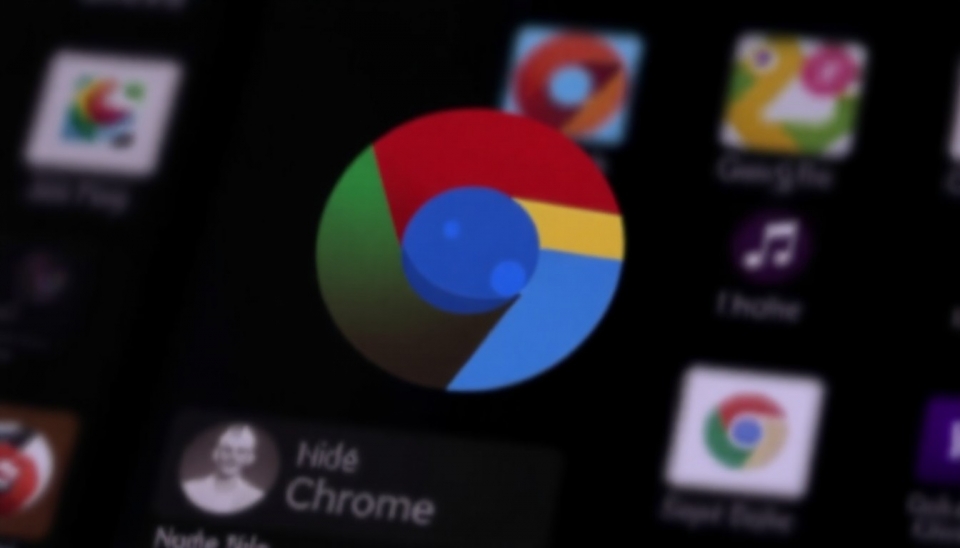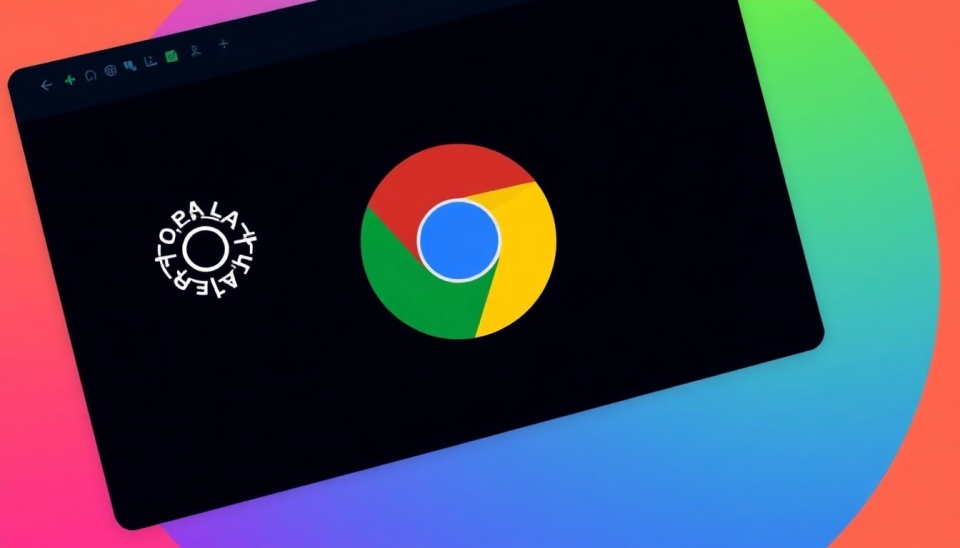
In a landmark move, the European Union has issued a stark rebuke to tech giants Google and Apple, as it intensifies its crackdown on Big Tech. This aggressive stance reflects an ongoing effort by European regulators to rein in the power and influence of major technology firms in the region, amid growing concerns over competition, user privacy, and market monopolization.
The European Commission's recent announcements signify a watershed moment for the tech industry, where regulatory frameworks are now being meticulously crafted to hold large corporations accountable for their business practices. Both Google and Apple have found themselves under scrutiny for several practices deemed anti-competitive or harmful to consumers. The EU's actions are indicative of a broader global trend where governments are stepping up their regulatory activities to ensure fair market conditions.
Google, known for its ubiquitous search engine and various digital services, has been accused of leveraging its dominance in online advertising to stifle competition. The EU's regulators claim that such practices have led to a market landscape where smaller competitors cannot thrive, thereby hampering innovation and transparency.
Meanwhile, Apple faces its own set of challenges, particularly regarding its App Store policies which critics argue restrict developers and limit consumer choice. The EU has pointed to Apple's practice of imposing hefty fees on app developers for utilizing its platform, suggesting this creates barriers for new entrants striving to innovate within the mobile application ecosystem.
This EU crackdown comes on the heels of the increasing calls from consumer advocacy groups and smaller tech companies, urging for fairer practices in a digital economy that has come to rely heavily on a few key players. Regulators are not only focusing on financial penalties but also considering regulatory reforms that may enforce greater transparency and competition in the tech space.
As the investigations continue, both Google and Apple have expressed their commitment to engage constructively with the EU's regulatory framework. They argue that their platforms contribute extensively to innovation and provide significant value to consumers, contending that the regulatory measures might inadvertently disadvantage users and developers alike.
The global implications of these actions are substantial. As the EU remains at the forefront of regulating Big Tech, other nations are likely to observe closely and may consider adopting similar measures. This significant pushback against Google, Apple, and potentially other tech giants signals a turning point where regulatory bodies are prioritizing consumer interests over unrestrained market growth.
In conclusion, as Google and Apple navigate this evolving regulatory terrain, the tech industry must brace for more stringent rules designed to foster competition and protect consumer rights, marking a new era in the relationship between regulatory bodies and tech companies.
#Google #Apple #EuropeanUnion #BigTech #Regulations #ConsumerRights #TechIndustry #DigitalEconomy
Author: Emily Collins




